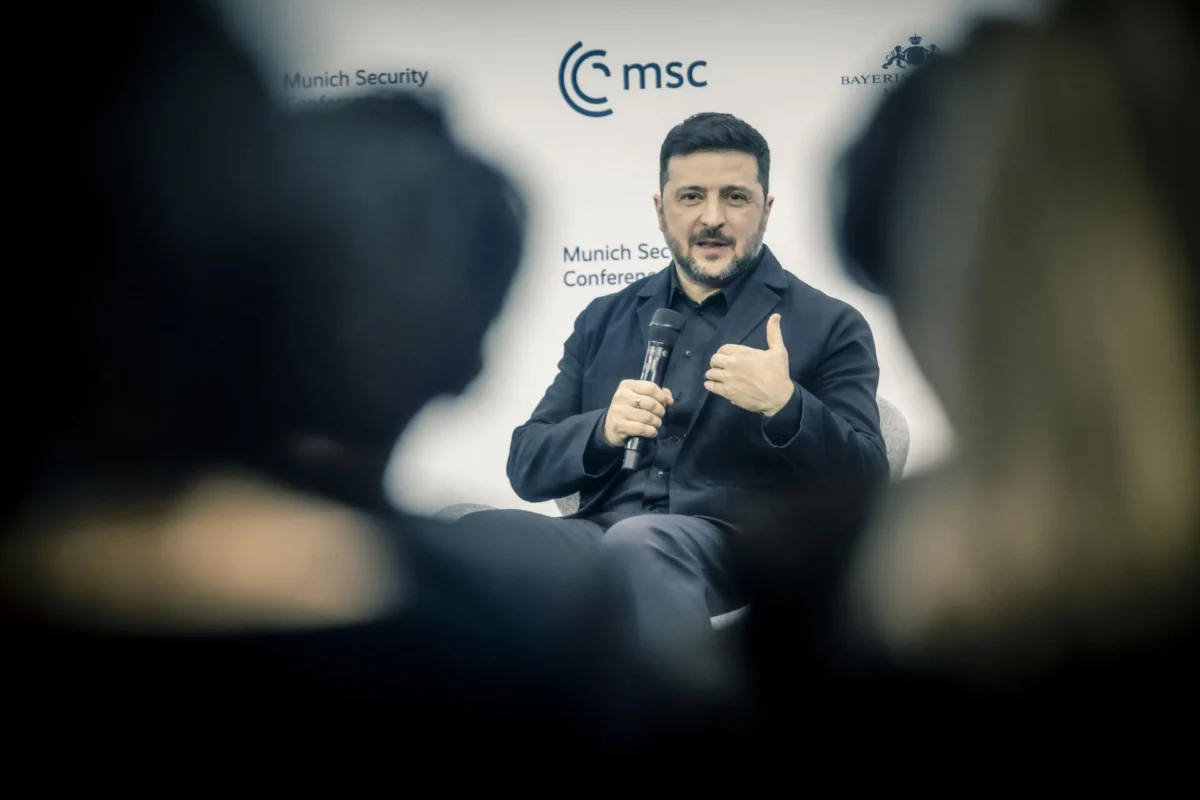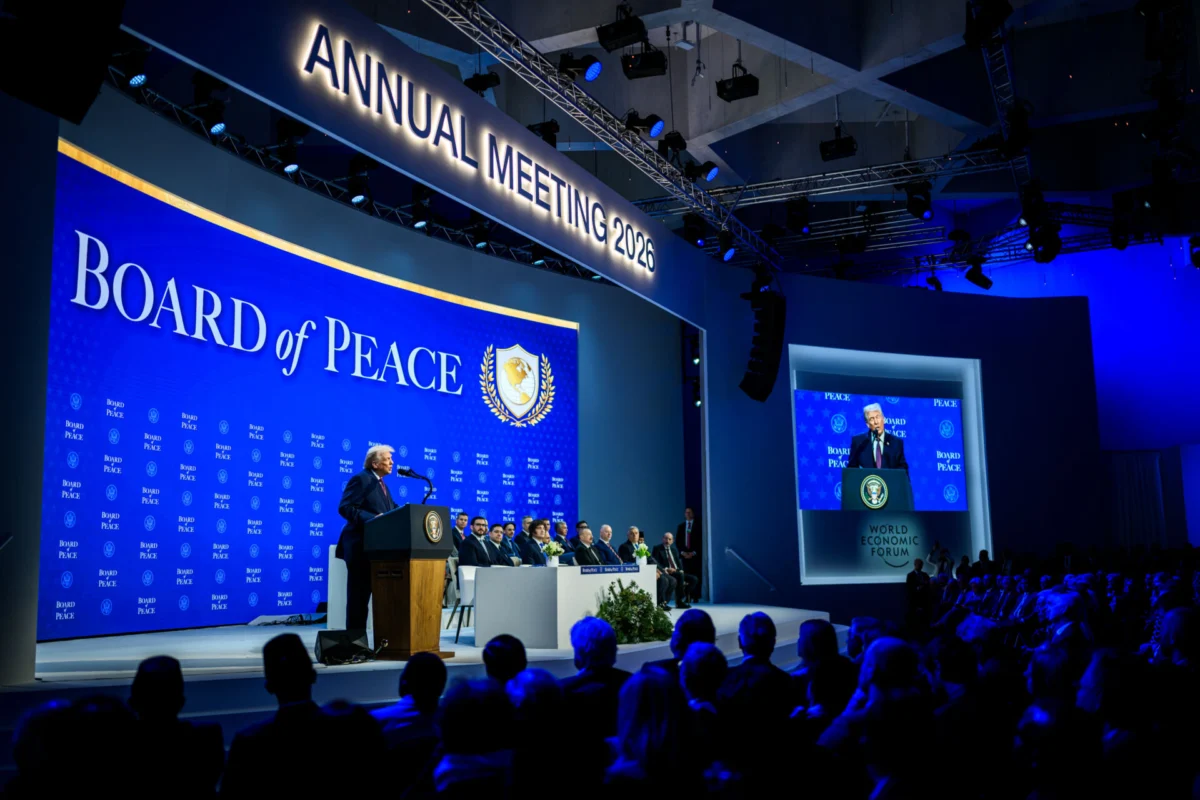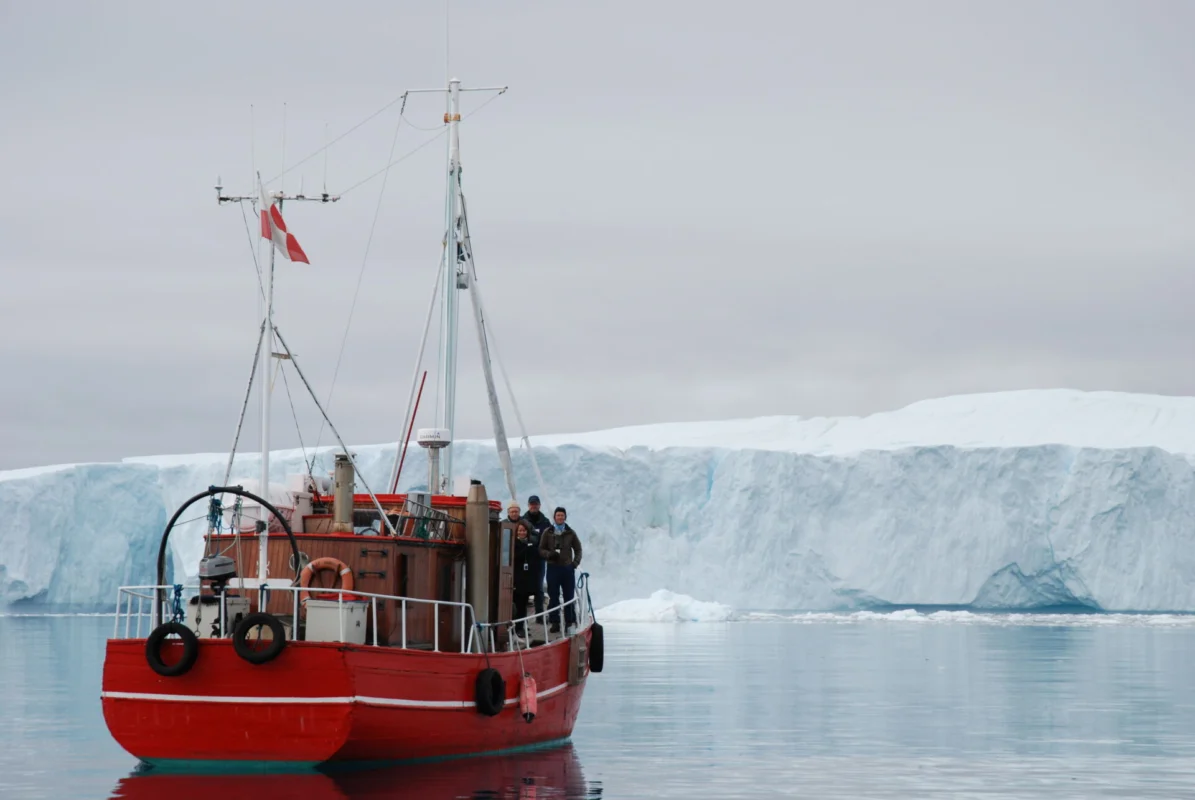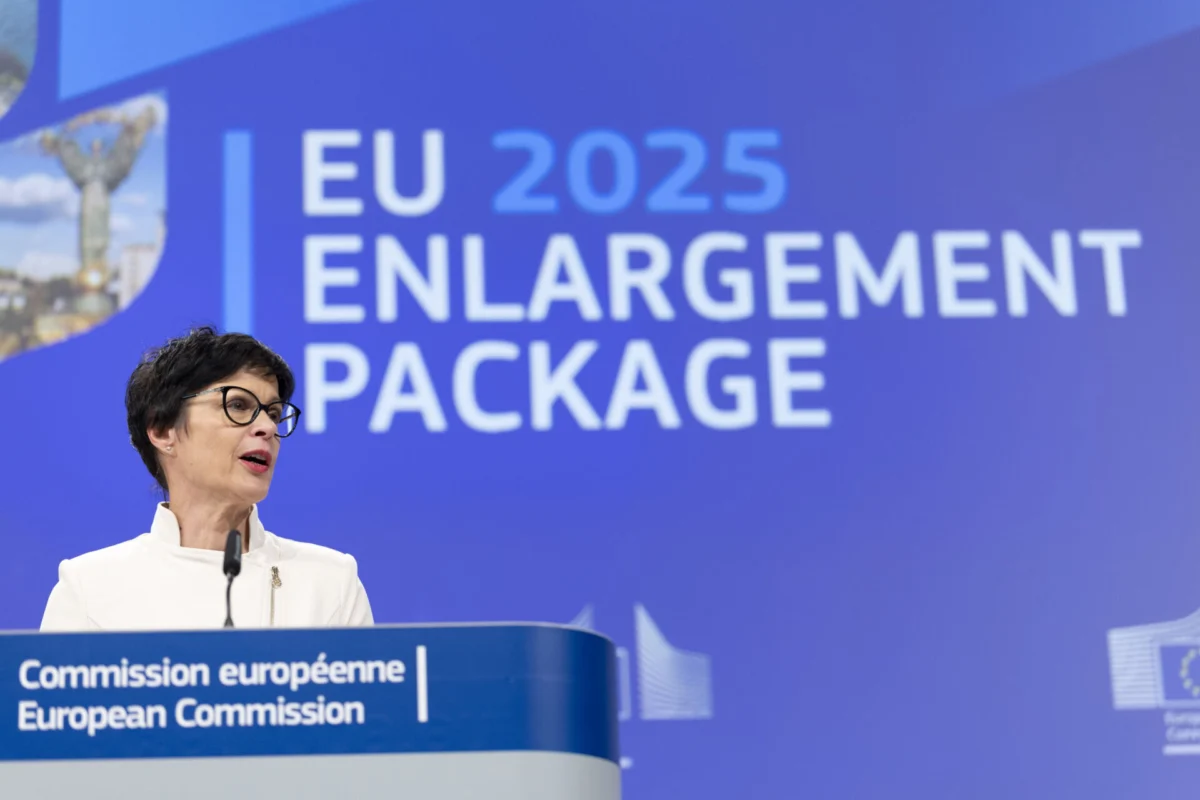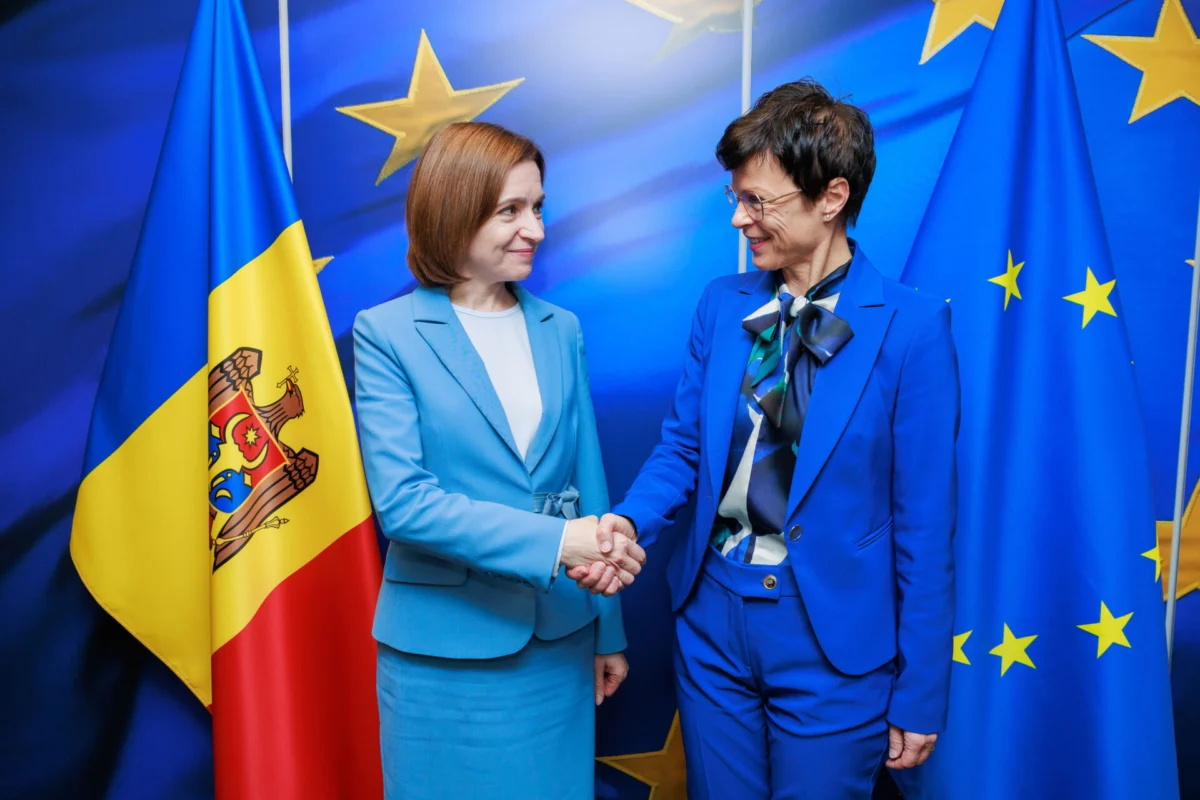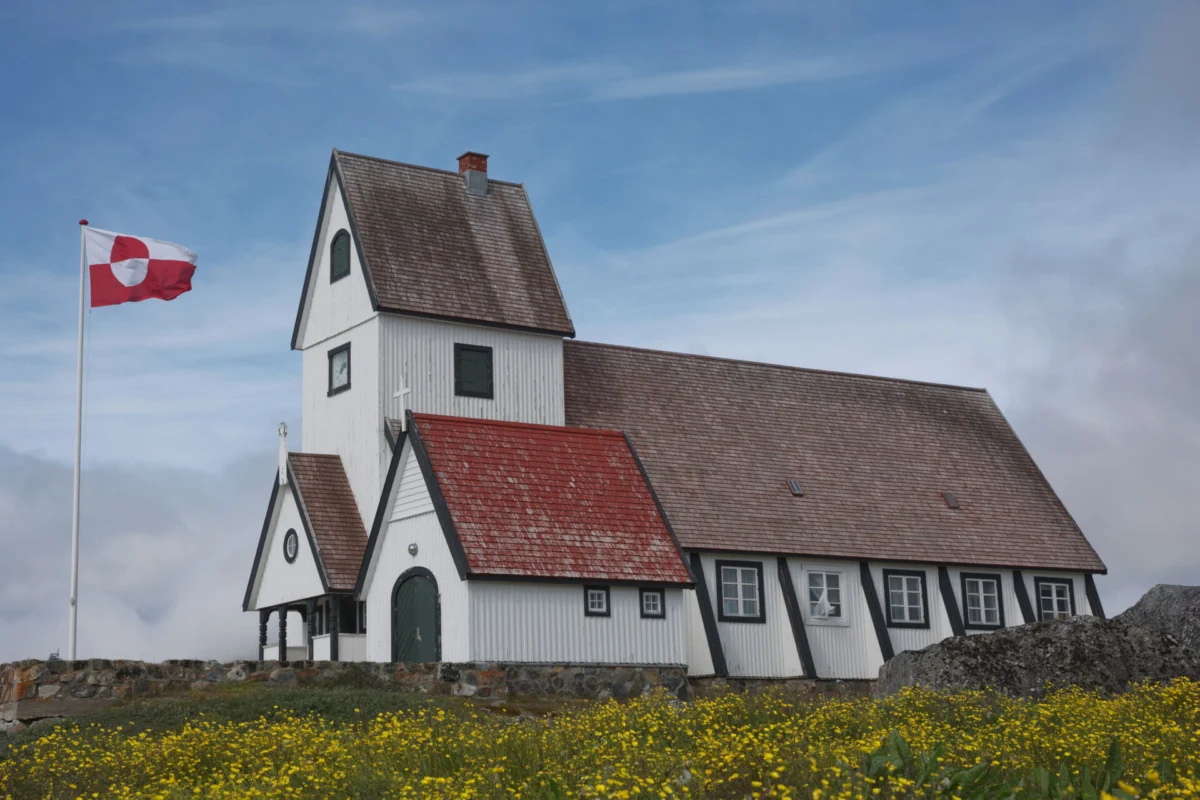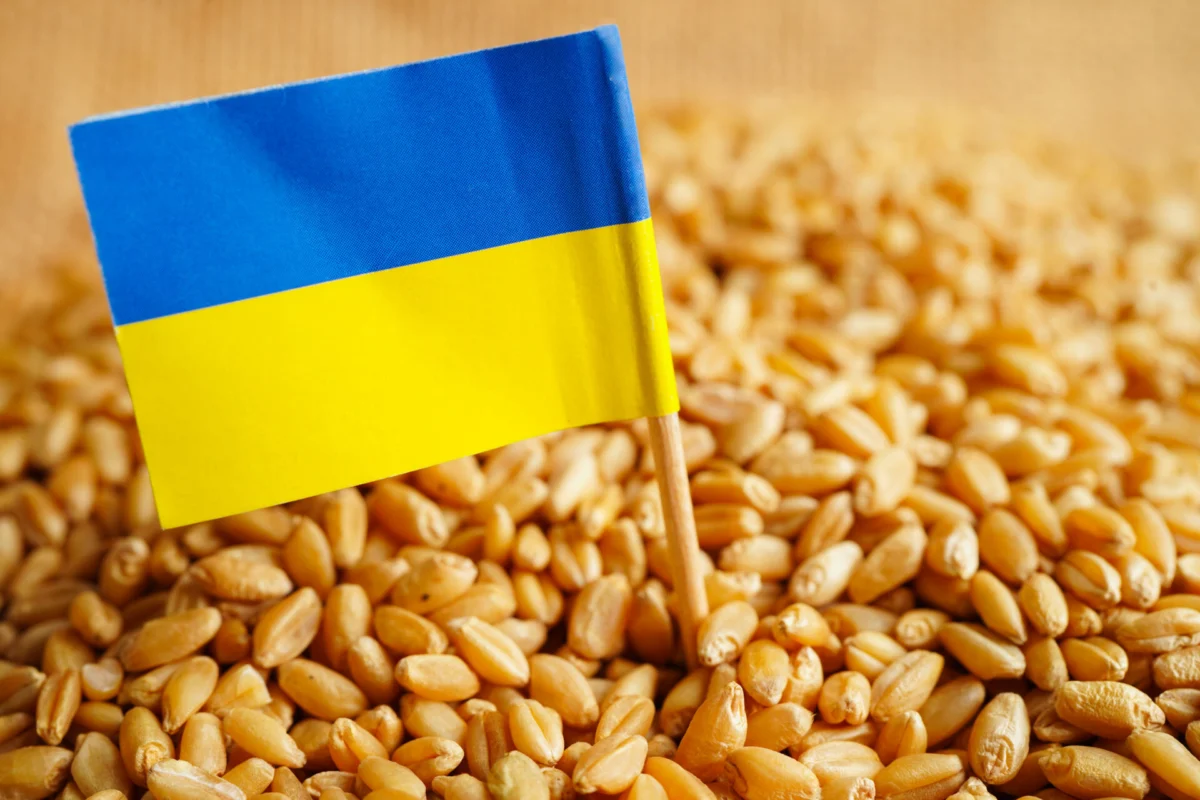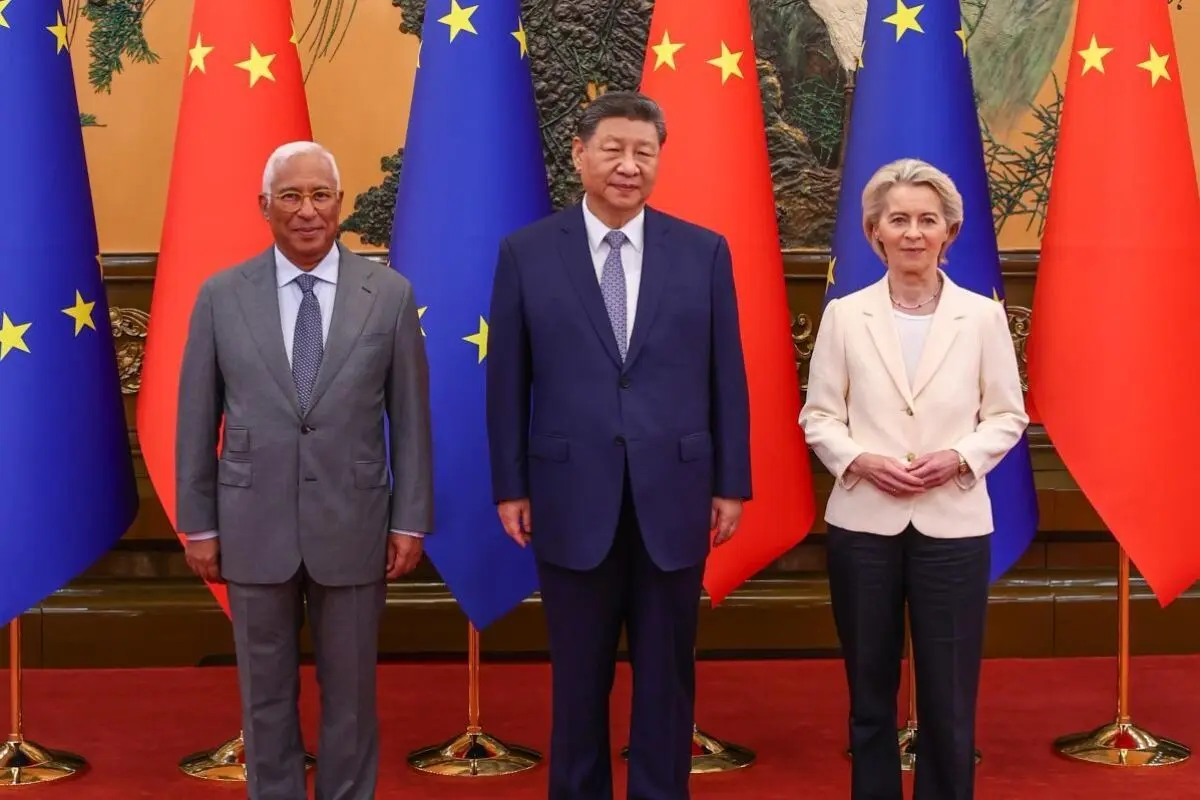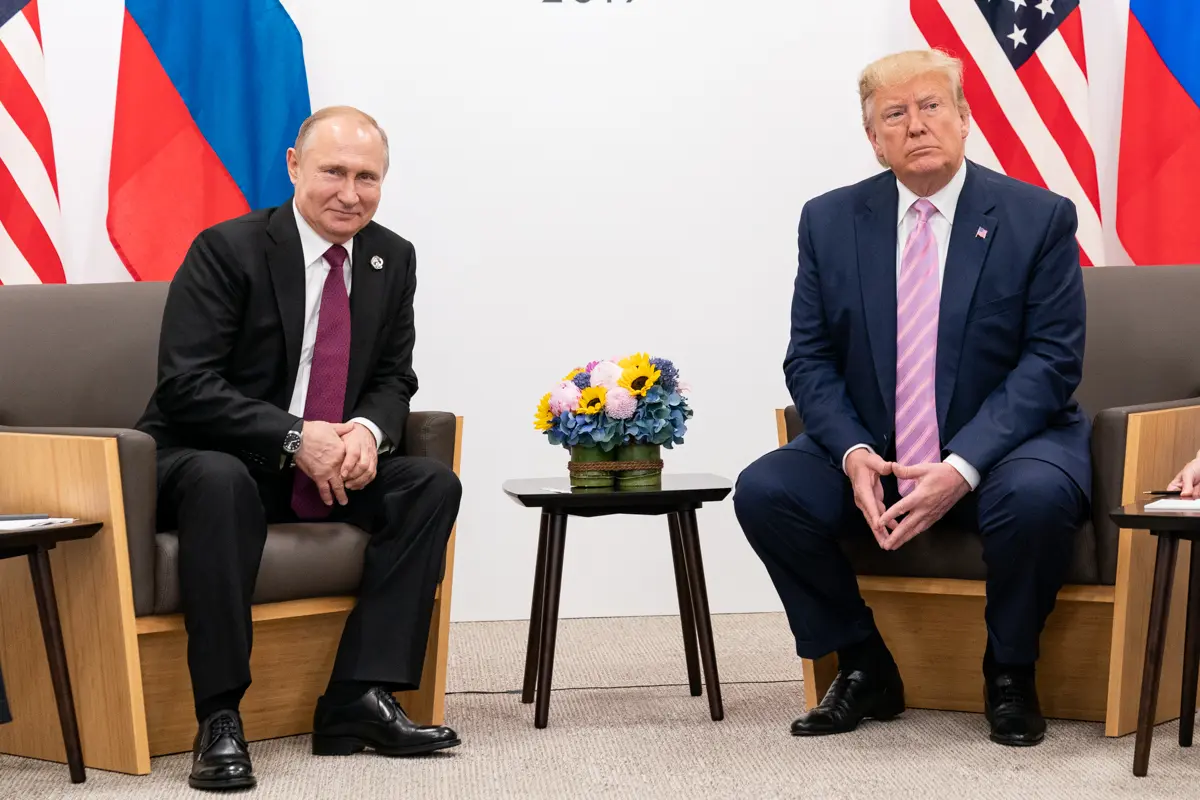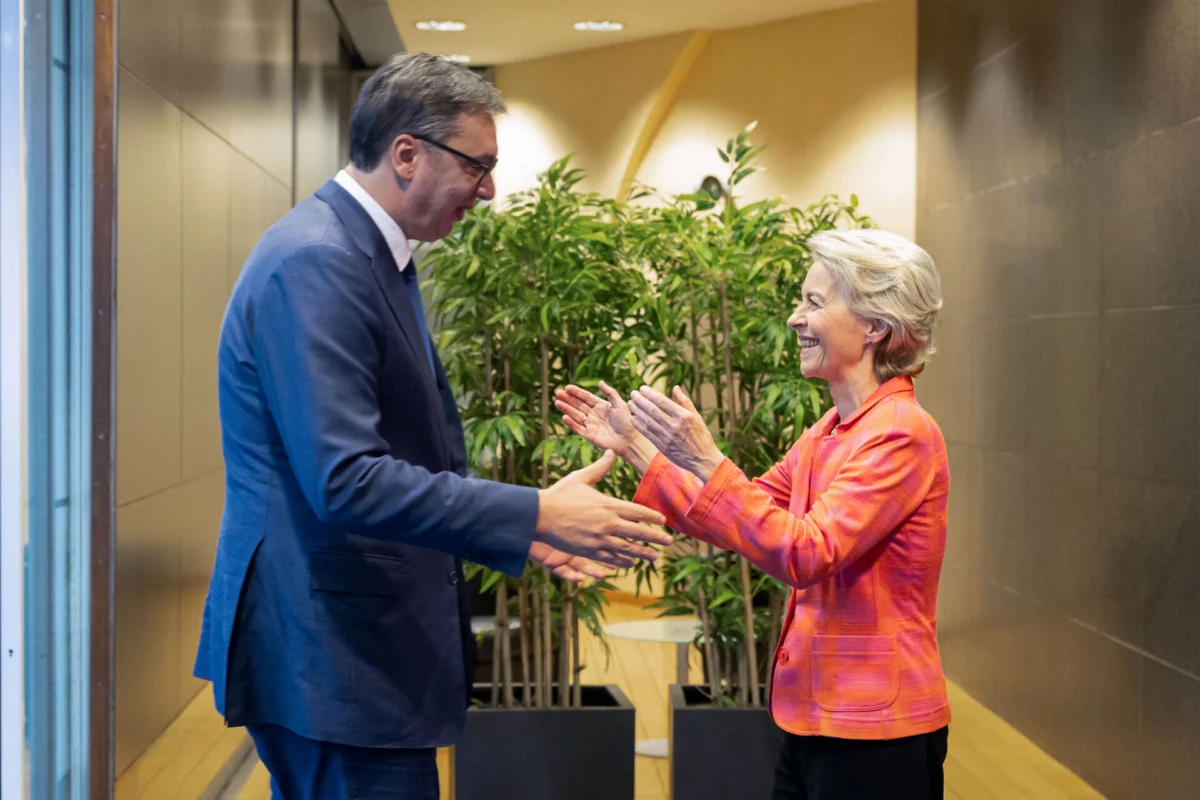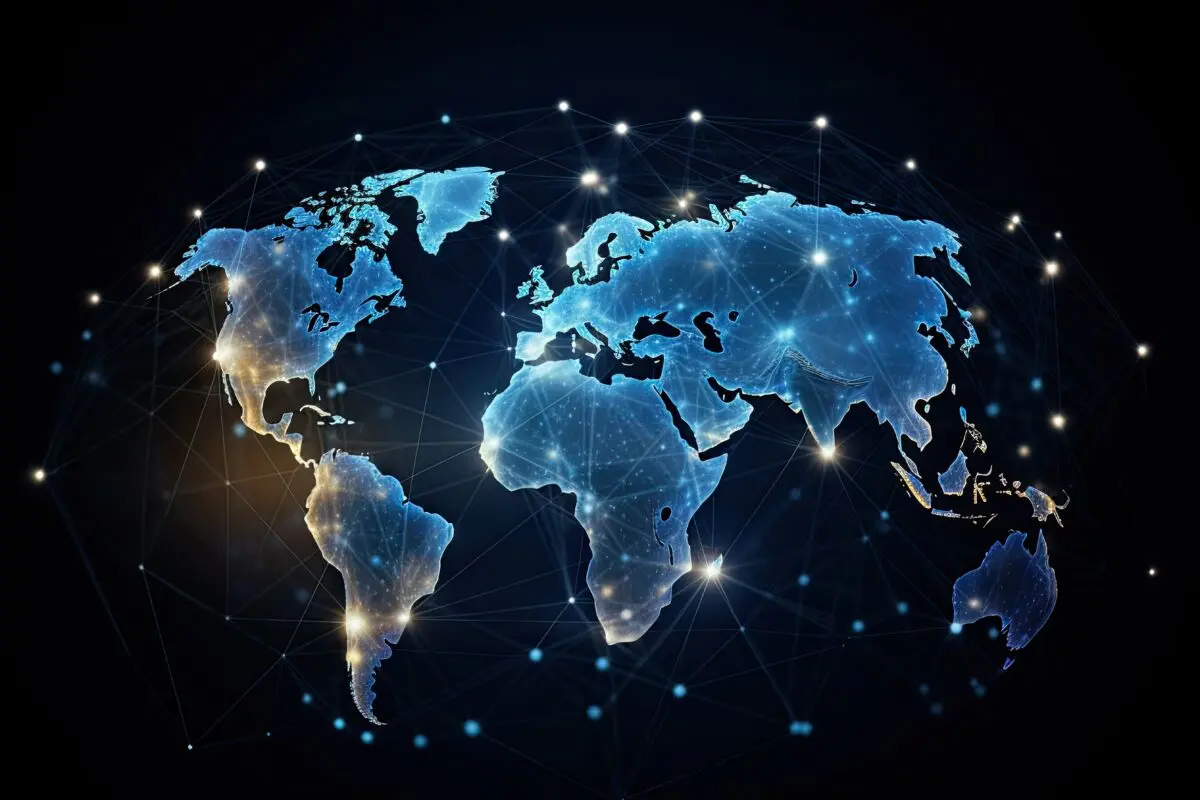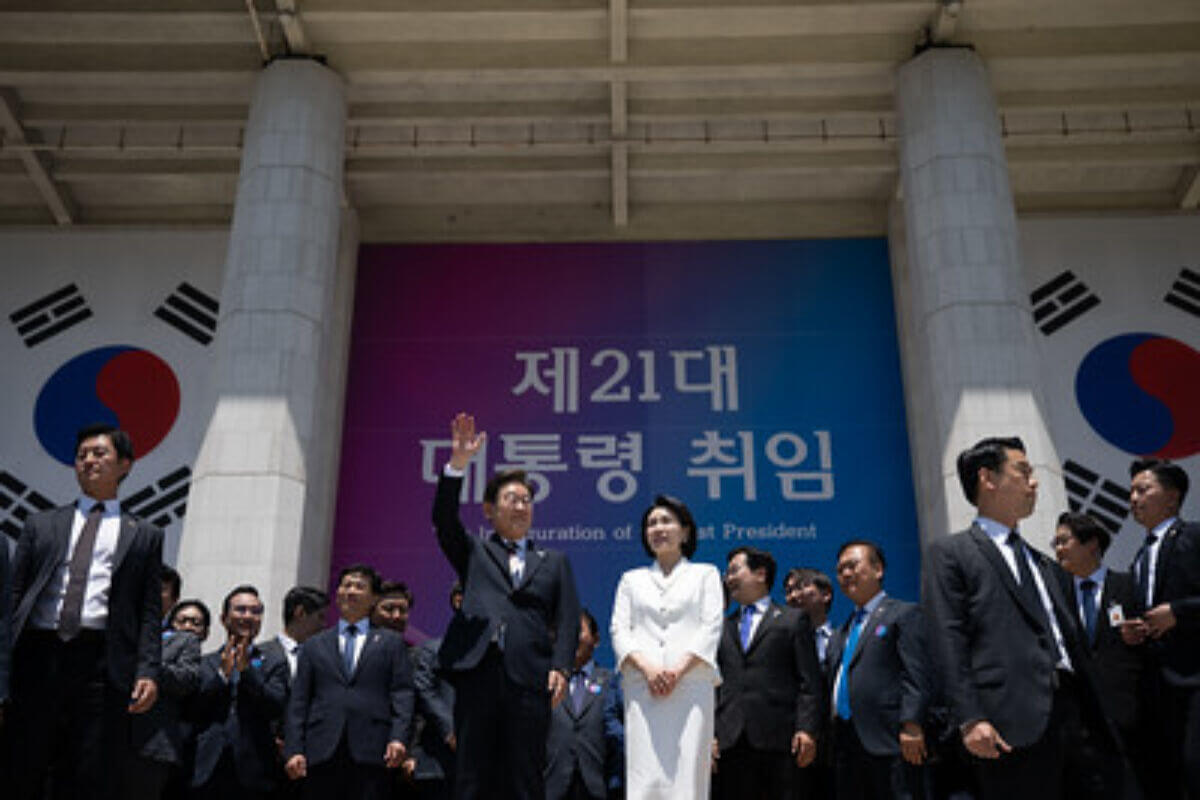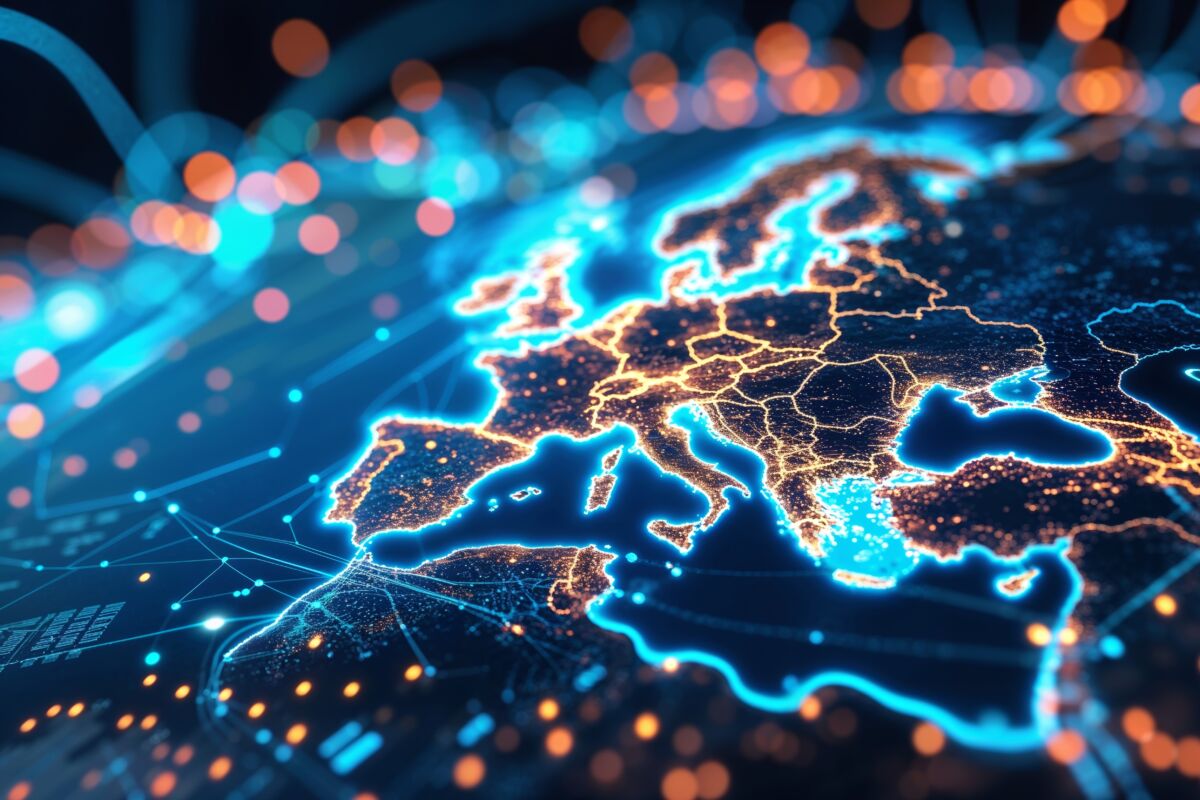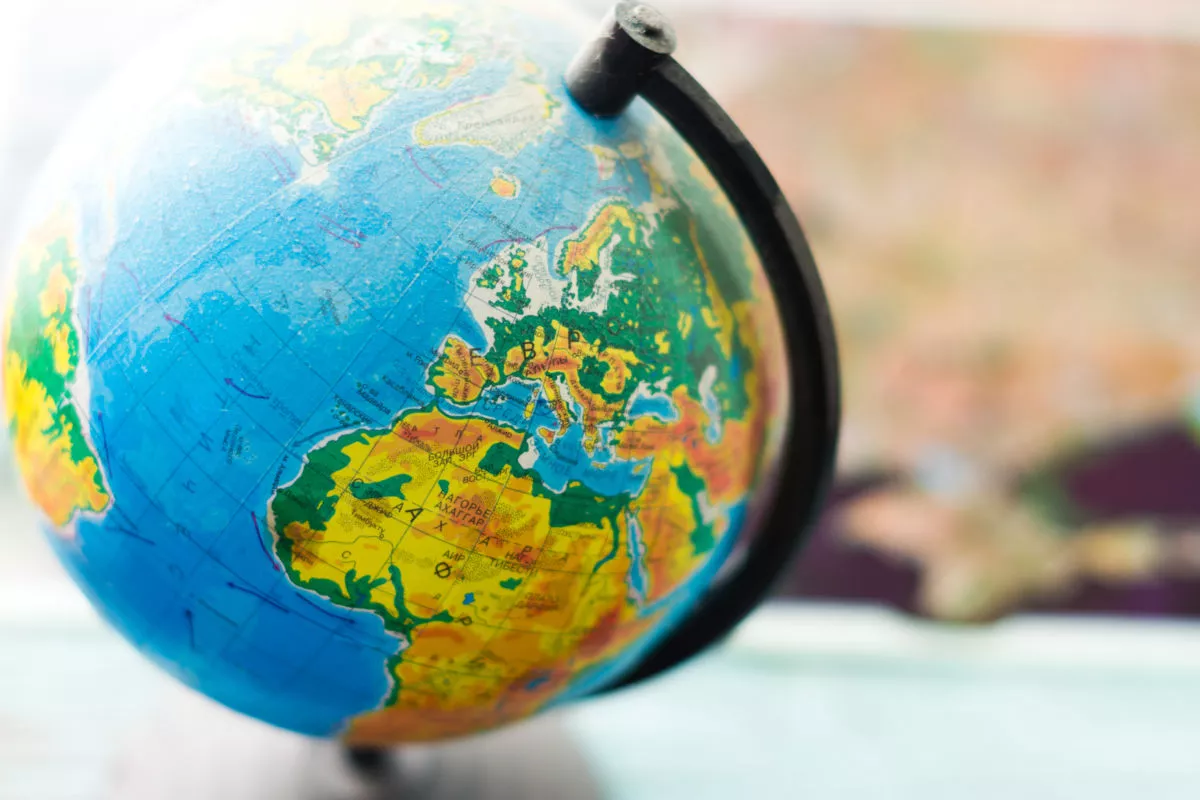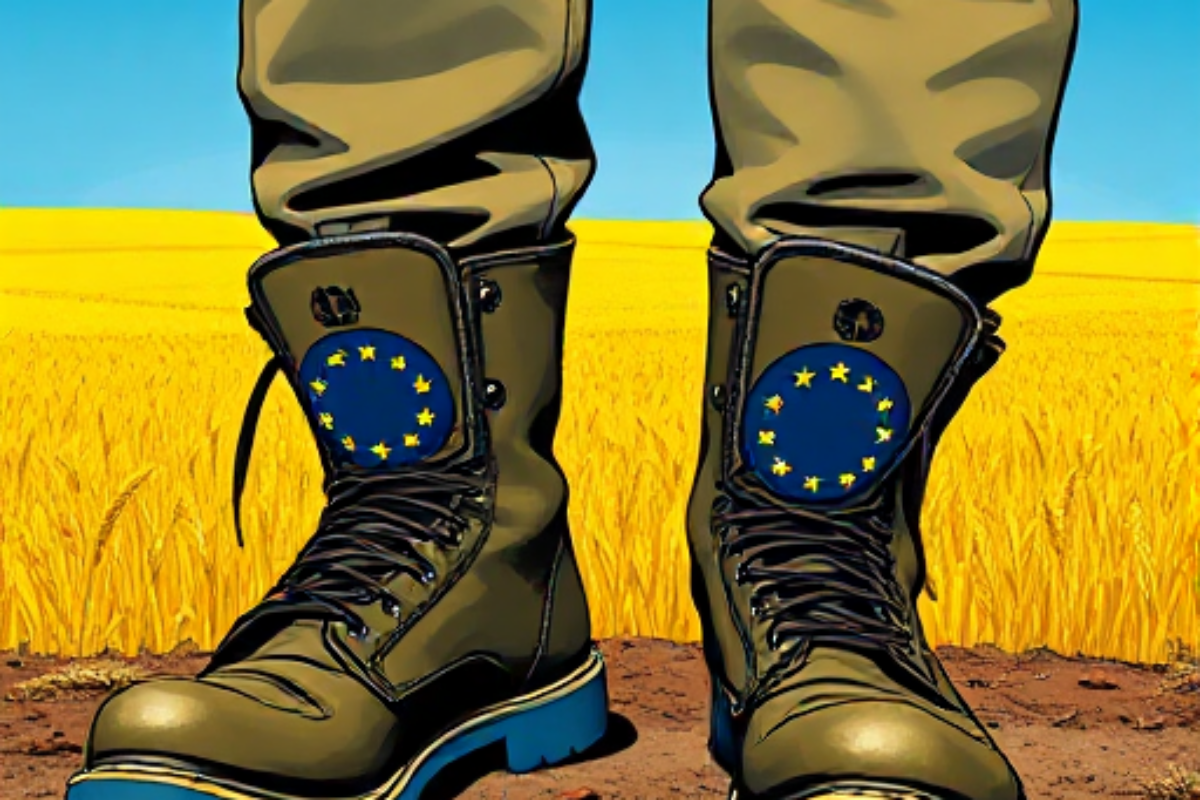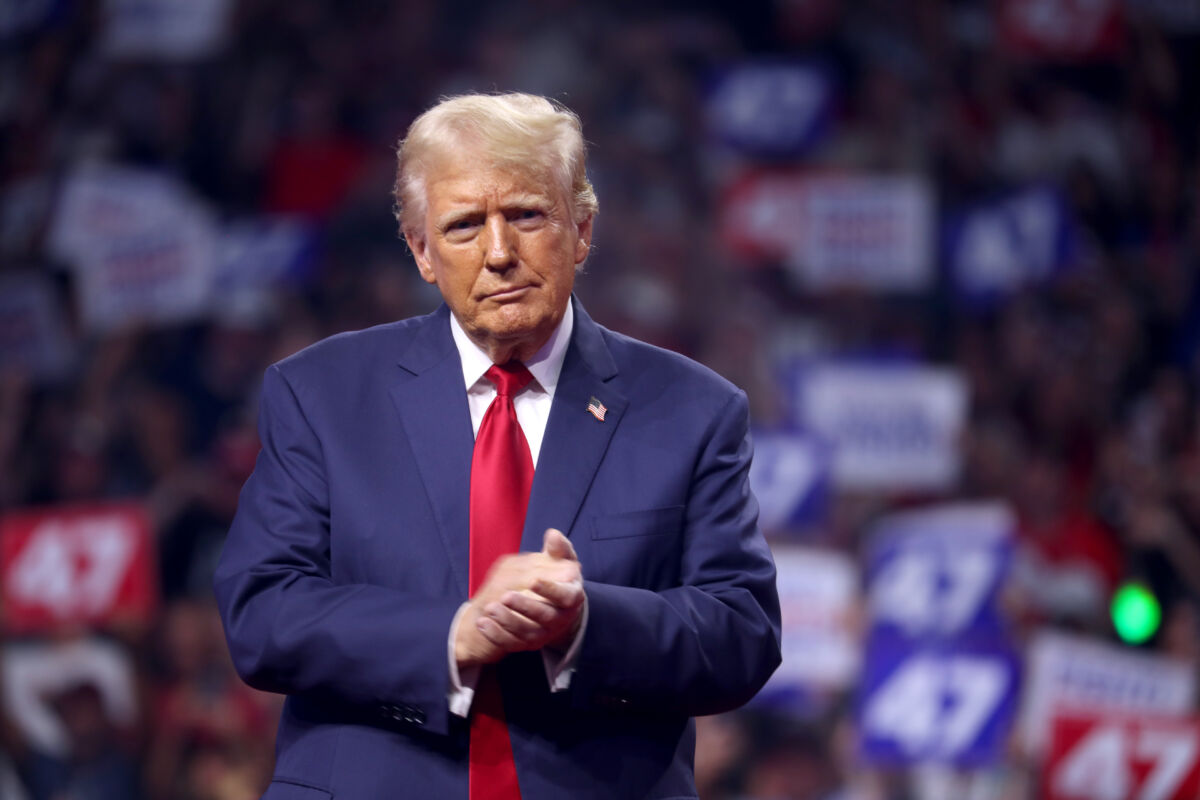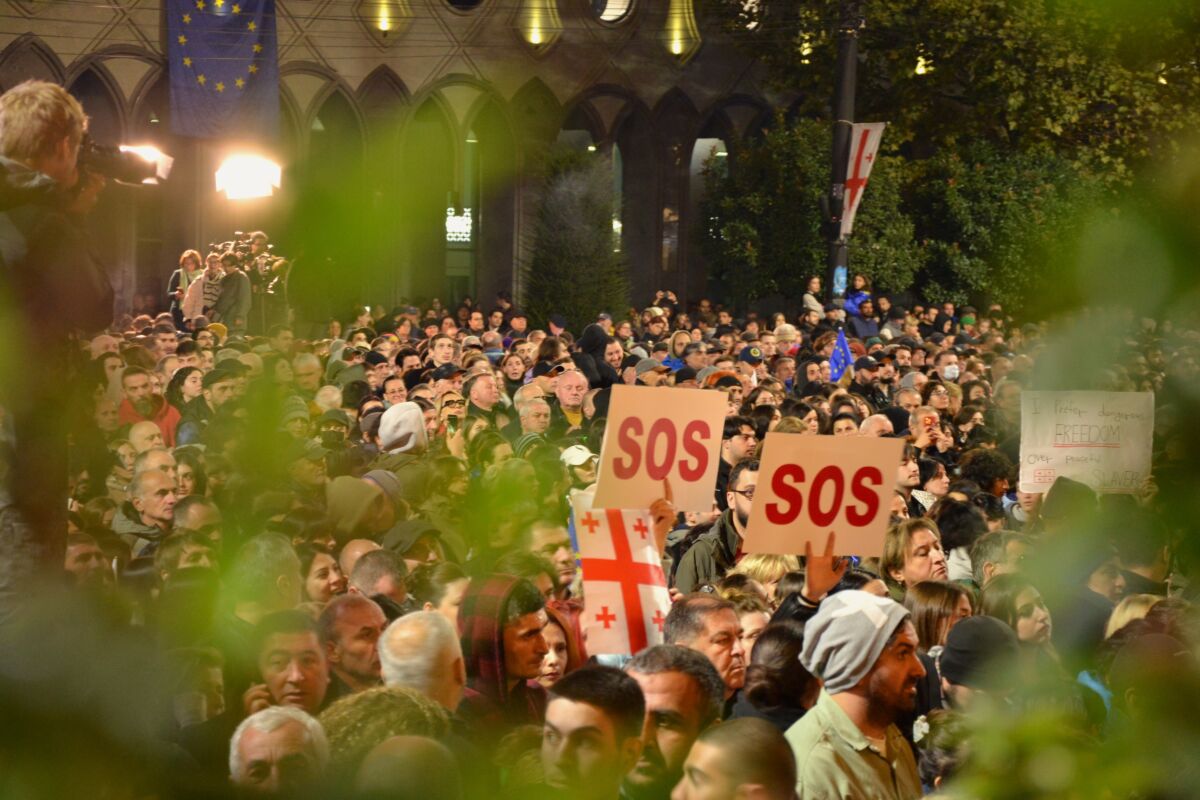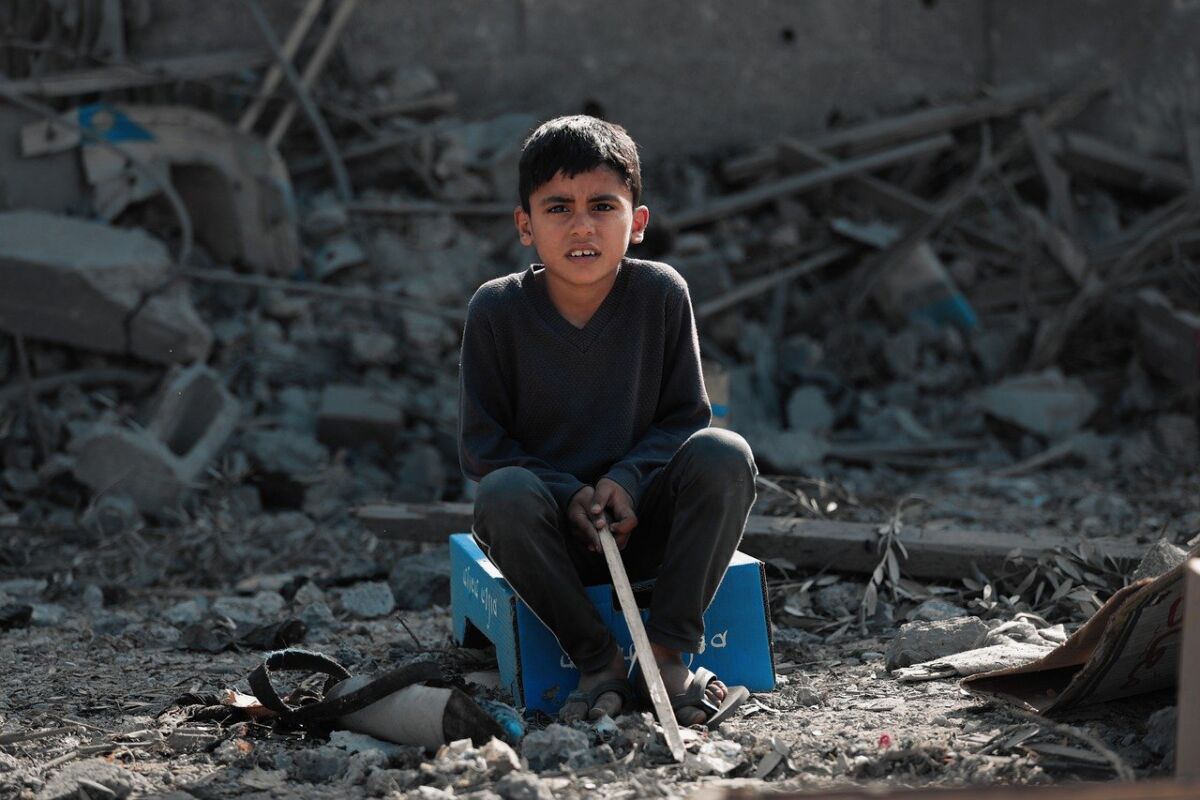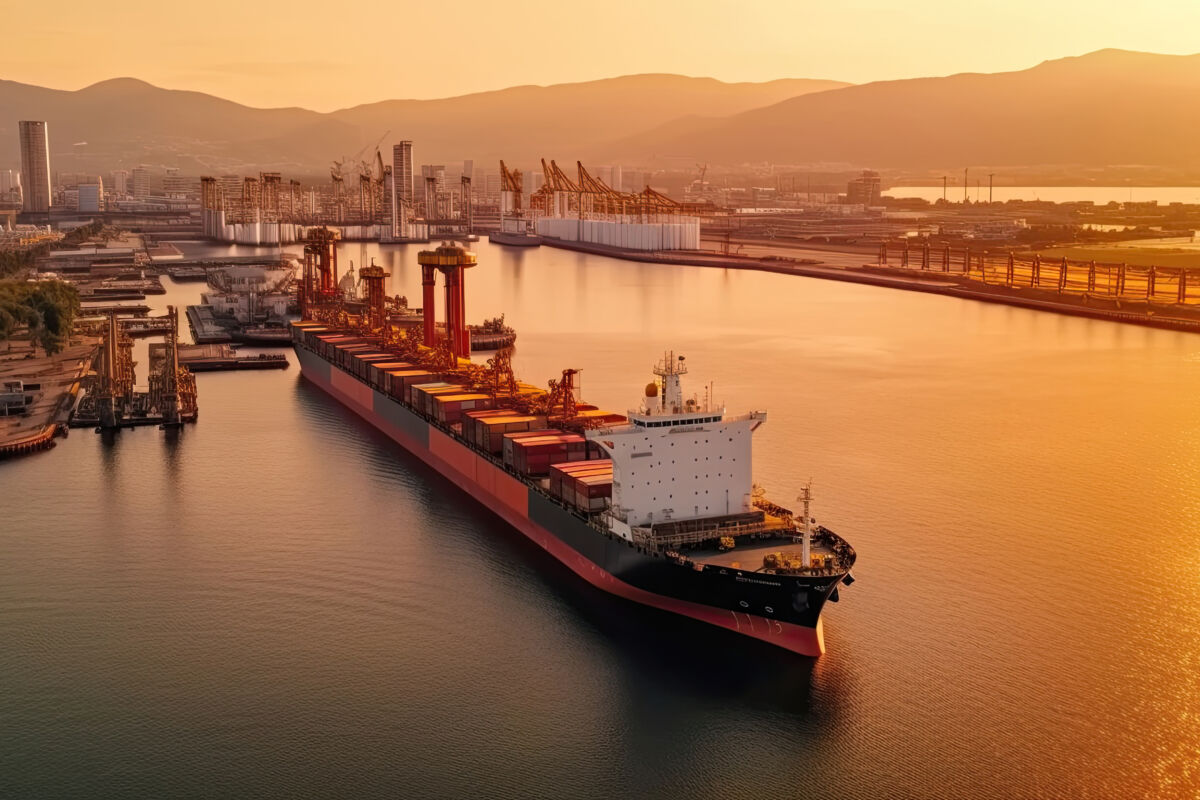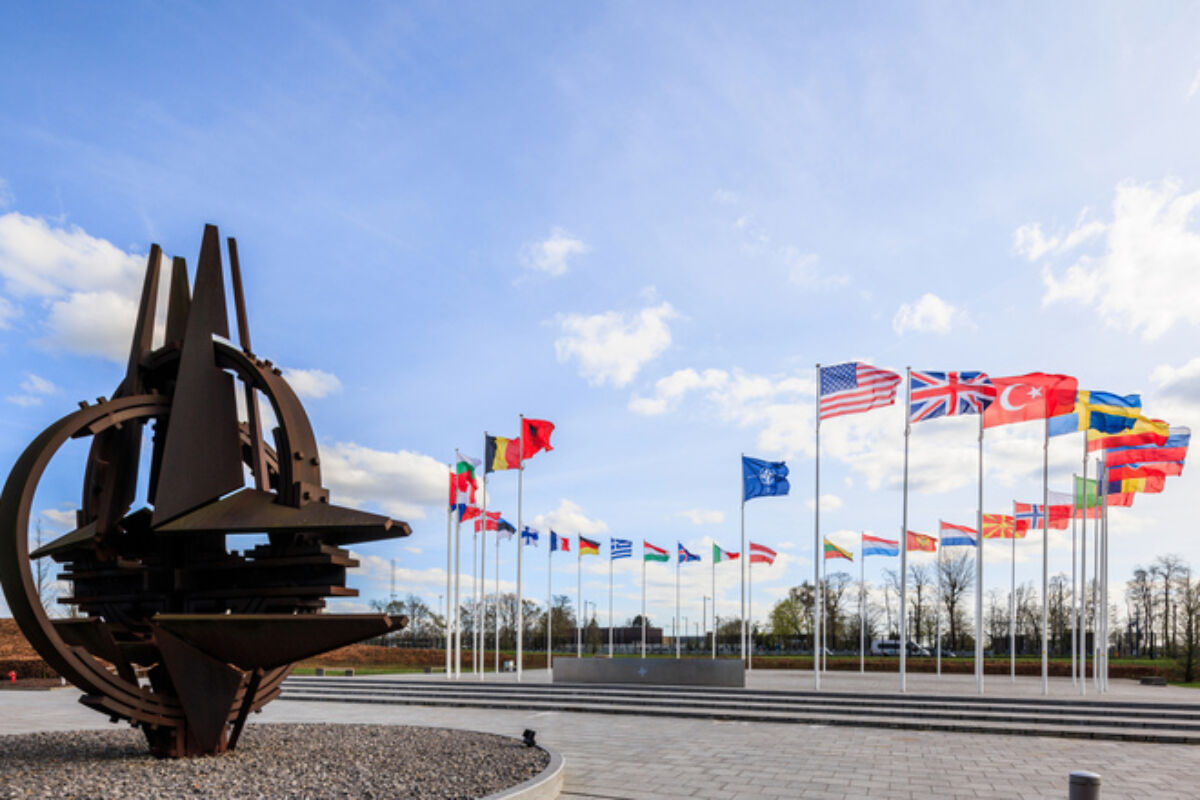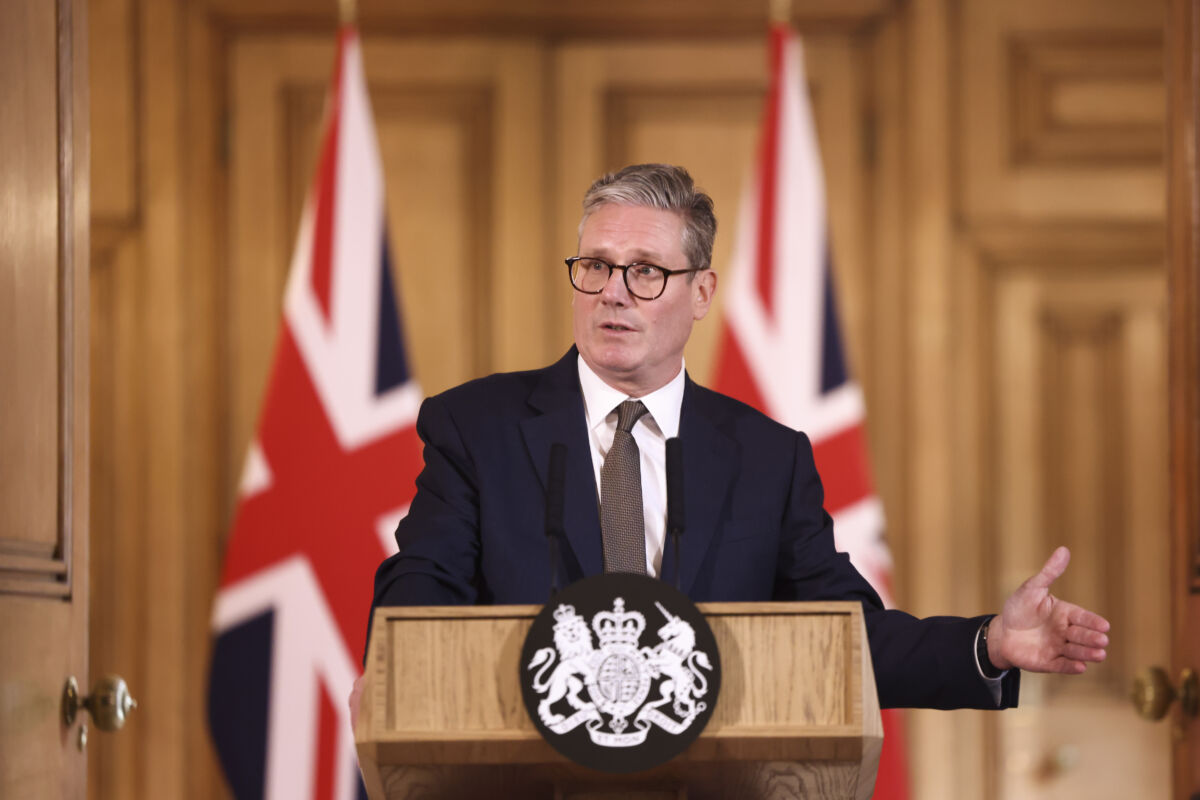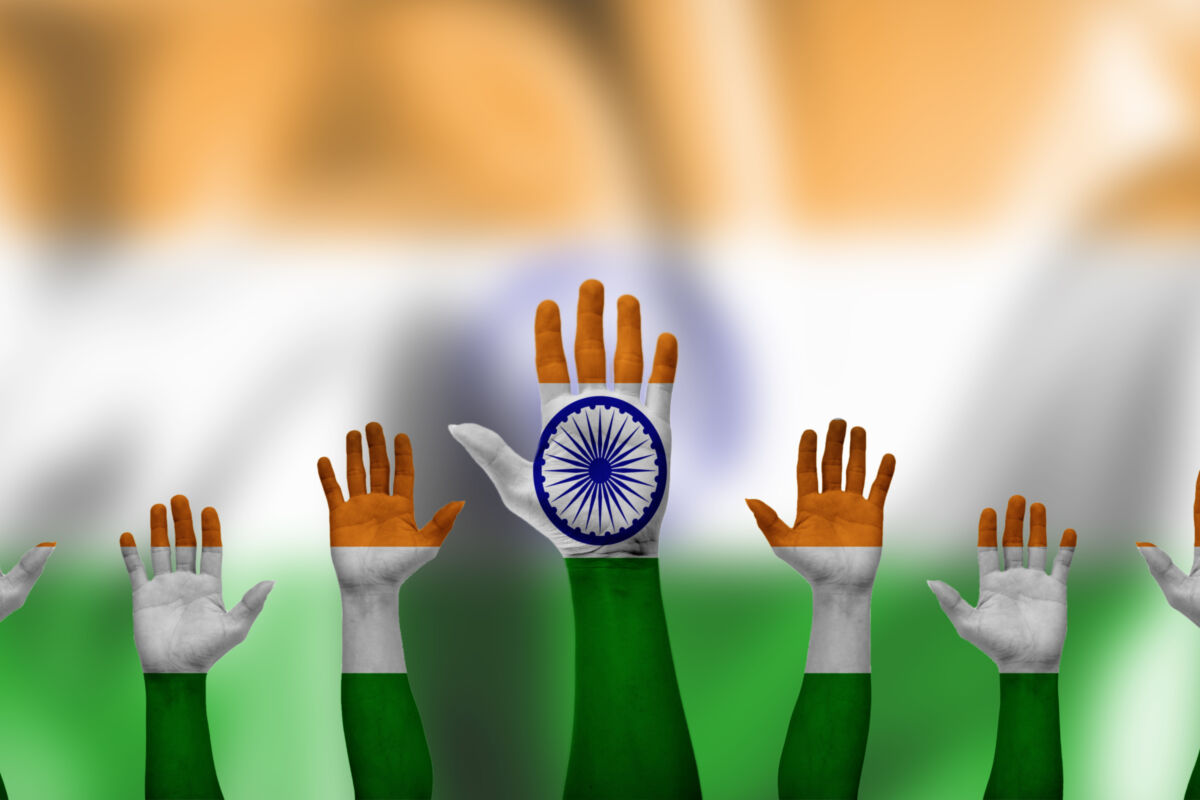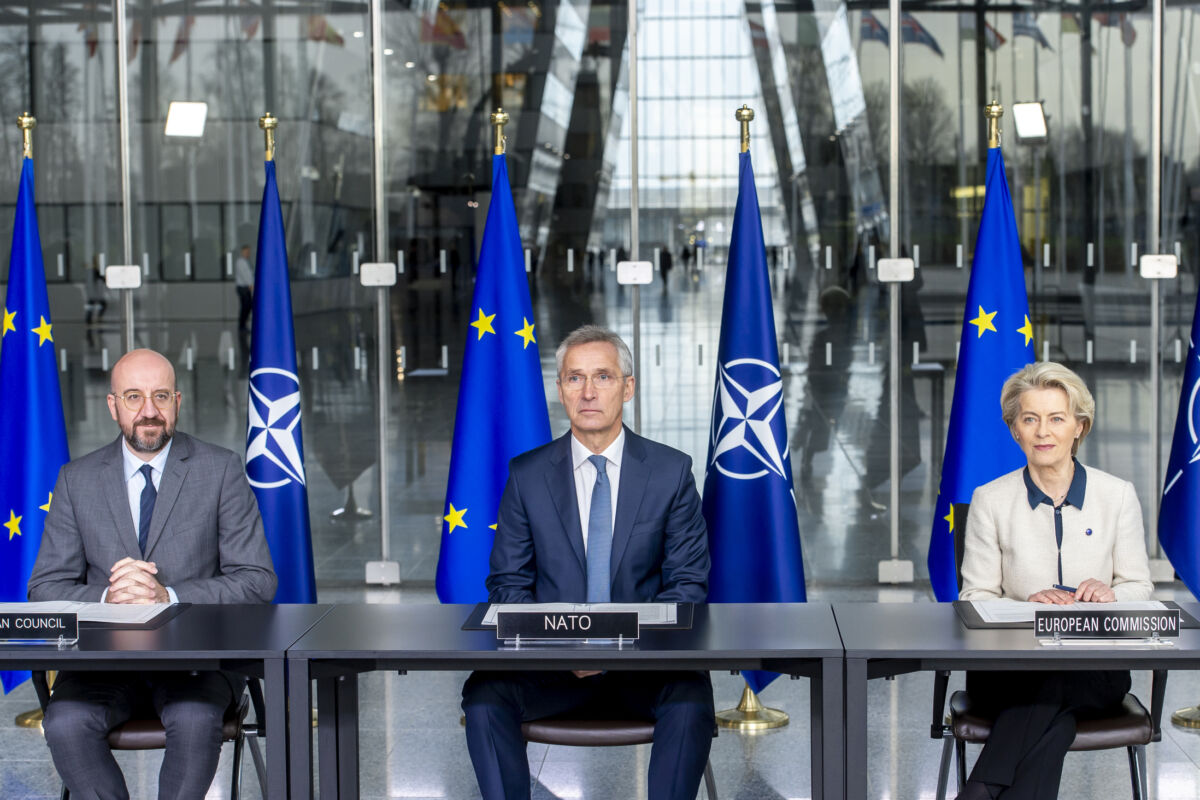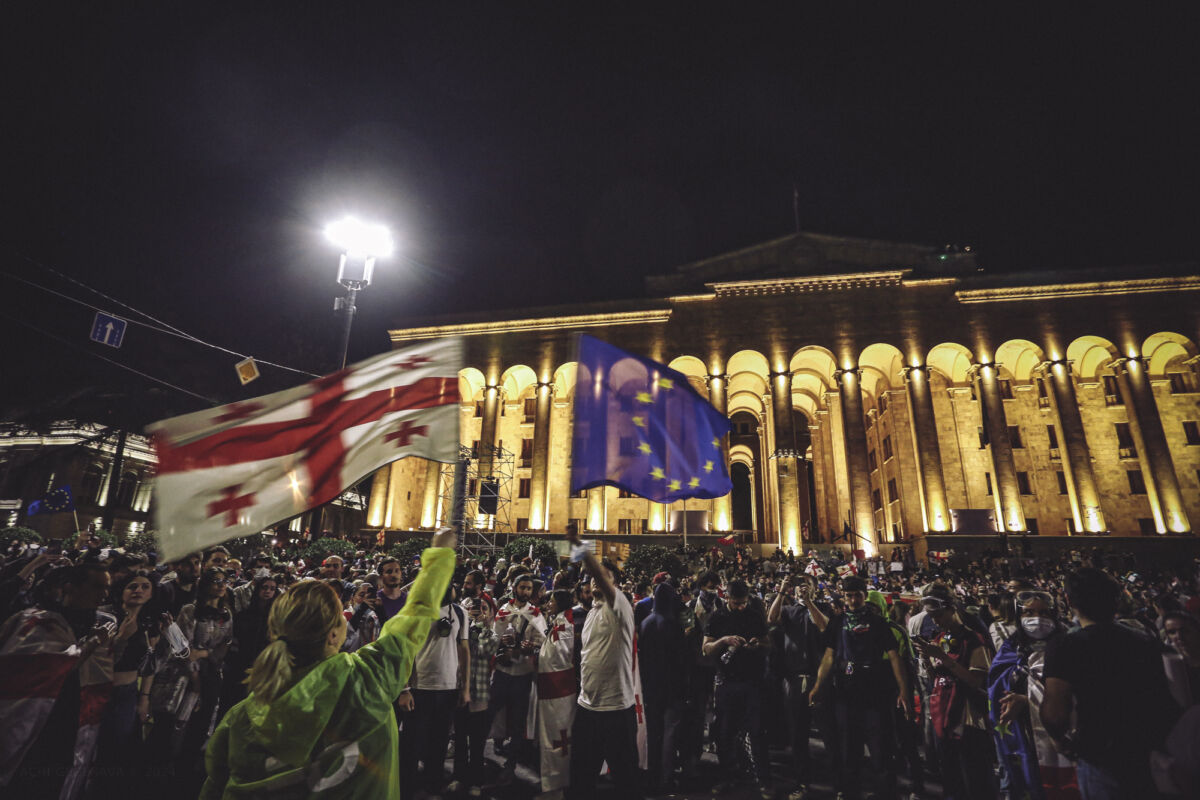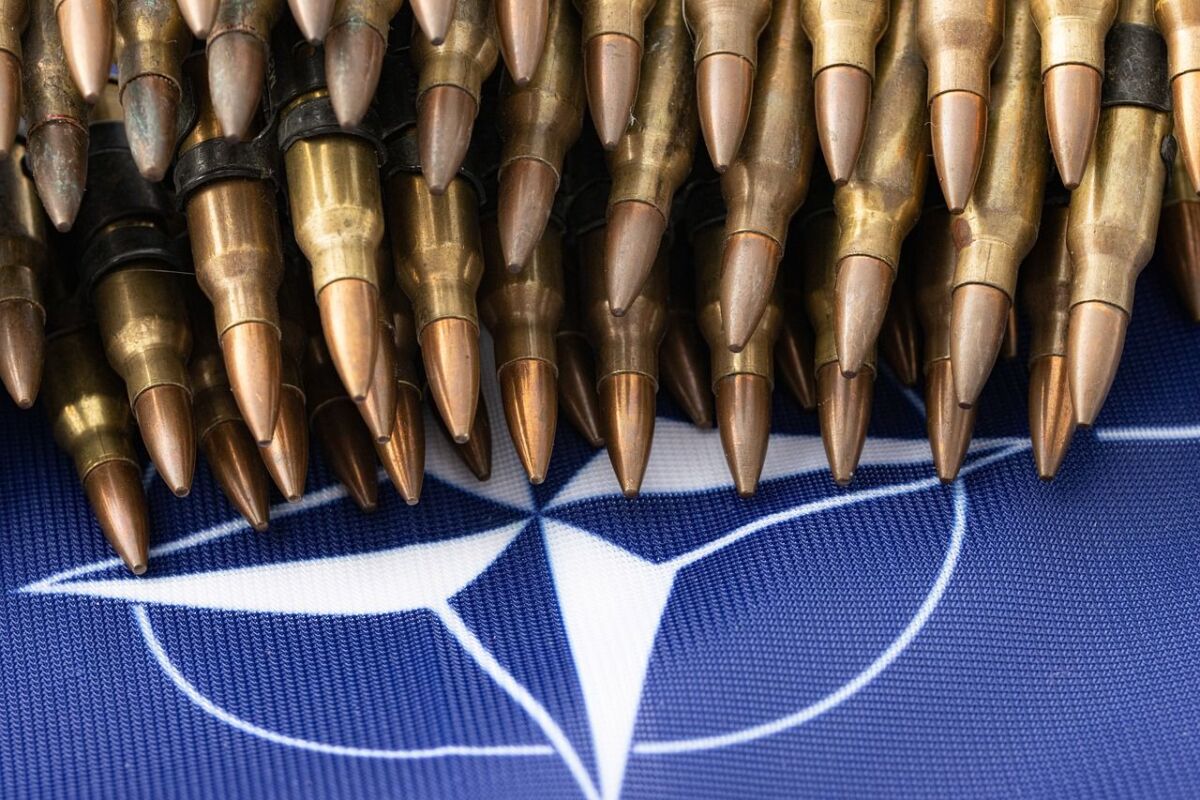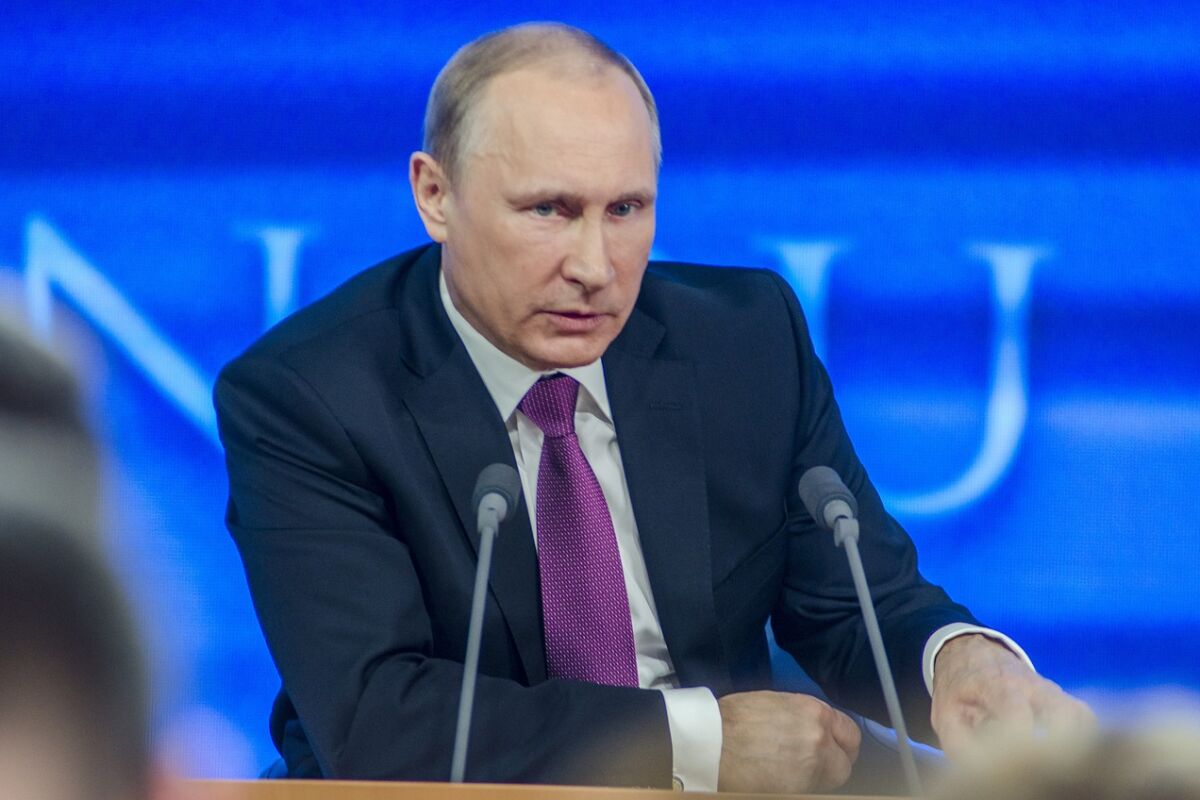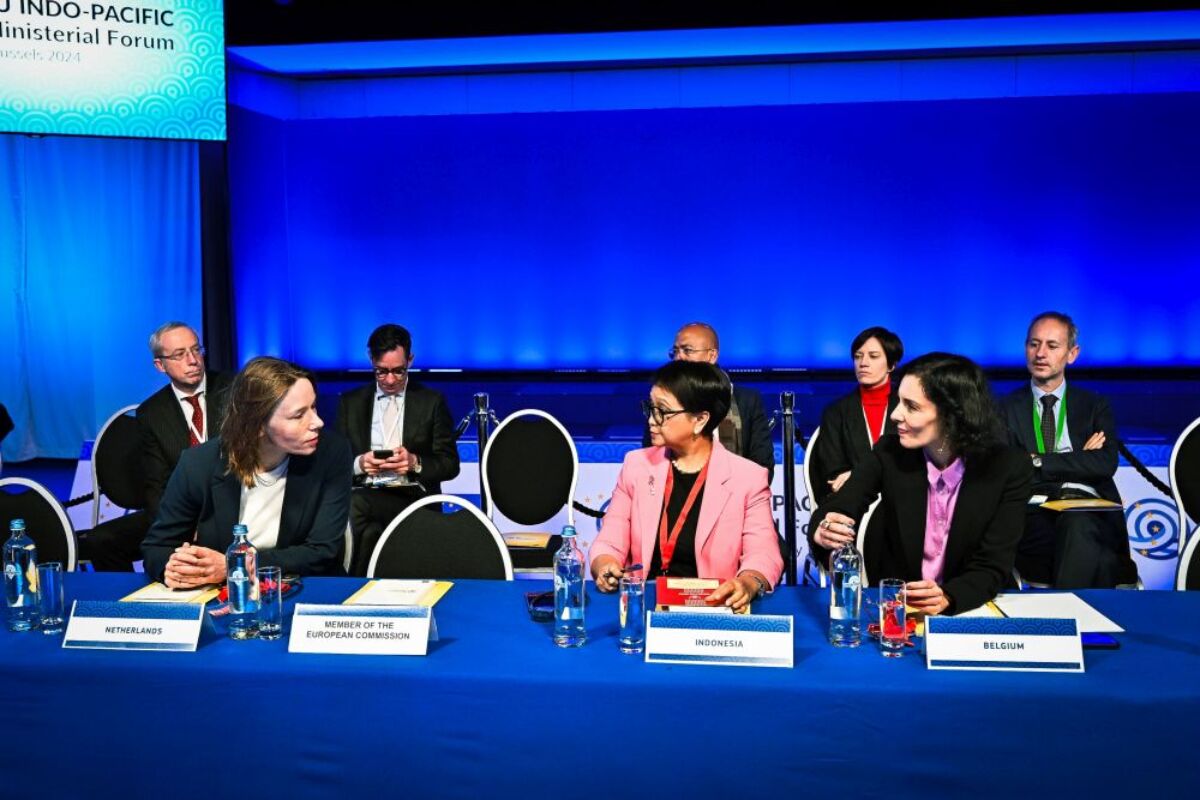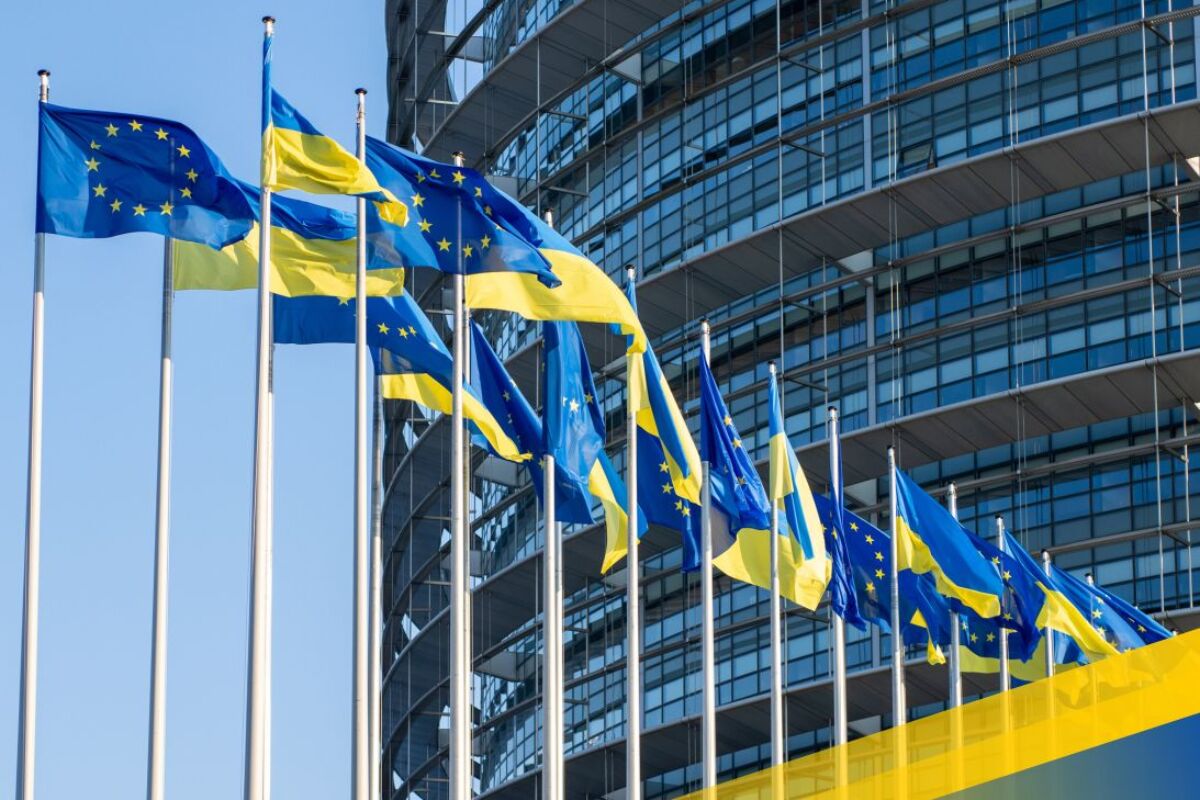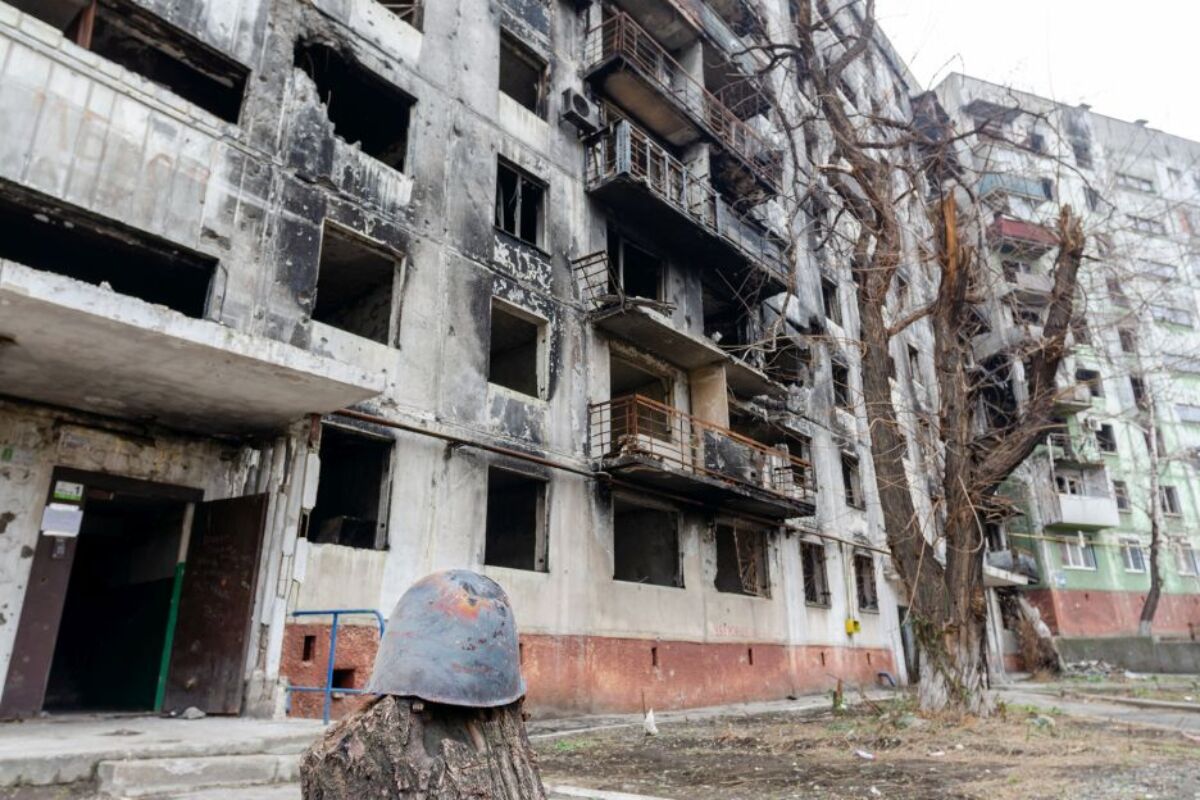Georgia is no stranger to political turmoil but the country now finds itself at a perilous tipping point. Georgians are known for taking to the streets, waving EU flags with unmatched passion and fighting for their European future.
But this time, with mounting geopolitical tensions and a ruling party desperate to cling to power while appeasing the Kremlin, the stakes are higher than ever. Despite months of protests, Georgian Dream (GD), the ruling party controlled by oligarch Bidzina Ivanishvili, who amassed his fortune in Russia, has only tightened its grip, escalating repression, detaining and assaulting demonstrators, and fast-tracking Georgia’s descent into authoritarianism.
In 2024, the ‘foreign agents’ law was reintroduced despite overwhelming public protests, elections were manipulated and rigged, and then came the final blow – the prime minister’s announcement that Georgia would halt EU accession negotiations until 2028. This was the last straw. Protesters flooded the streets in November and have remained there ever since.
In response, GD has passed laws that tighten restrictions on demonstrations, increase penalties for disobeying or insulting police officers, and makes it easier to fire civil servants. Additionally, new legislation is underway to ban foreign funding for media outlets and to replace the ‘foreign agents’ law with even stricter legislation to target civil society. Many civil servants have already been fired for joining public protests and several hundred demonstrators have been detained, including journalists, politicians and activists. More than 300 of them have reported beatings, torture and other ill-treatment.
The EU’s response? Underwhelming at best. A symbolic visa suspension for holders of diplomatic passports and officials, allowing EU Member States to impose visa requirements, though with the discretion to grant exemptions. Even without exemptions, the impact is limited – the diplomats and officials were not particularly eager to travel to the EU for work anyway and they can still obtain visas for personal travel. At best, it introduces procedural hurdles rather than any real consequences.
Throughout 2024, the EU has frozen EUR 30 million earmarked for Georgia’s defence sector (in July) and has suspended EUR 121 million in bilateral support (in October), followed by the European Council deciding to halt Georgia’s accession.
In short, the EU wielded the stick but not with enough force to shift GD’s course. Worse still, there’s no clear strategy for what comes next.
EU action is long overdue
Georgia’s democratic backsliding has been on the European Council’s agenda for a year but it has failed to agree on measures that could actually make a real difference – namely imposing targeted sanctions against GD officials and Ivanishvili, including EU travel bans for them and their families, asset freezes, and barring Ivanishvili from conducting any business in the EU. The European Parliament’s (EP) latest resolution is now calling for such sanctions – a timely and necessary step.
It’s true that Ivanishvili has already laid the groundwork to dodge international sanctions, thanks to GD’s ‘offshore law.’ This law allowed Ivanishvili to smoothly transfer his companies tax-free to Georgia after the US imposed financial sanctions on him. But this is how much he fears losing his wealth – his family’s accounts were frozen by Swiss bank Julius Baer following the US sanctions.
If Hungary and Slovakia block collective action, then individual Member States must enact their own bilateral measures, like what the Baltic countries have done. France is particularly responsible here – Ivanishvili is not only a French citizen but also, ironically, a recipient of France’s highest honour. Revoking the Légion d’Honneur he was awarded in 2021 – as suggested in the EP’s latest resolution – would be a timely move.
Lifting sanctions should be conditional on releasing prisoners, including journalists detained during the demonstrations, and free and fair elections. New elections should be supervised by international observers, including the EU. GD has captured all institutions that oversee elections and with the introduction of electronic voting, rigging the elections again will now be even easier.
The EU should redirect financial support initially intended for the government towards civil society and independent media, providing core and flexible funding to these primary targets of the ‘foreign agents’ law and its upcoming even stricter version. With Trump slashing USAID, and likely uninterested in bolstering Georgian democracy, EU support will be needed more than ever.
To send a strong message to Georgians who are putting themselves in danger by continuing to demonstrate, high-level EU officials – namely Commissioner Marta Kos and High Representative Kaja Kallas – must visit Georgia. They need to stand with the people, showing that the EU isn’t just an abstract ideal but a real ally in their fight for democracy.
And while Salome Zourabichvili’s term as President has now ended, she remains Georgia’s only legitimate representative. EU officials should continue engaging with her and the opposition parties through She was the key figure in uniting the opposition under a Georgian Charter, with a roadmap for resolving the political crisis and advancing EU integration ahead of the elections. Beyond that, her international visibility and strong ties with leaders across Europe and beyond make her an invaluable player. Even President Trump has recognised her significance – she was the only Georgian leader invited to his inauguration.
This is far bigger than Georgia
Georgia is one of three eastern candidate countries fighting Russian interference. Ukraine is at war. Moldova’s pro-European government is facing due to energy blockades, disinformation and election manipulation. And Georgia is controlled by GD, a party created by an oligarch, and is effectively a Russian proxy. No military intervention is needed –
As Russia ramps up its interference across all three countries and with Trump’s comeback only strengthening Putin’s hand in Ukraine and the wider region, the EU cannot afford to look the other way. If Russian influence succeeds in Georgia, it won’t just bolster its influence in Moldova – it’ll solidify its regional power and increase its leverage during potential negotiations with Ukraine.
Calling for greater EU engagement in Georgia from a geopolitical standpoint is obvious. But some may argue that Georgia’s accession offers little economic incentive for the EU. Yet Georgia’s case was never about economic benefits and the EU is no longer merely an economic Union. The EU is now evolving into a political and security Union, meaning it’s in its best interests to have strong democratic neighbours, rather than being surrounded by Russian-orchestrated autocracies.
That’s why the EU’s response to Georgia will not only shape the country’s future but also test its own credibility – as a Union that upholds its values, honours its commitments and remains worth aspiring to join.
For the third year in a row, CEPS is marking International Women’s Day on 8 March with a special short series of Expert Commentaries to highlight the insights and expertise of some of our most talented female researchers.



